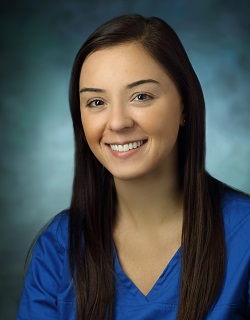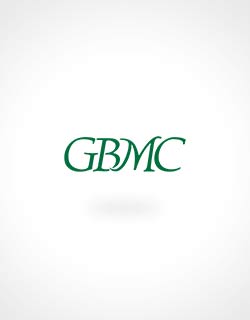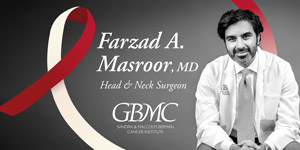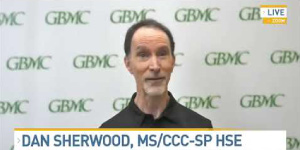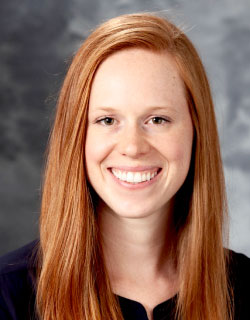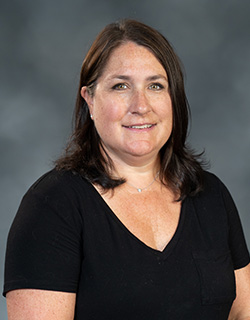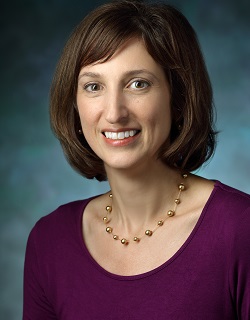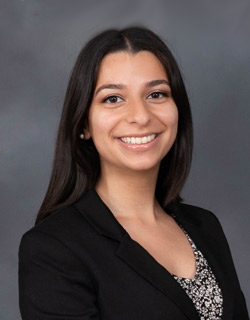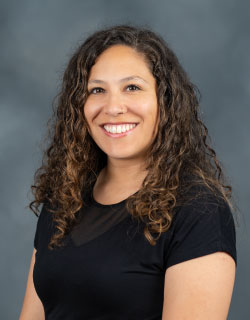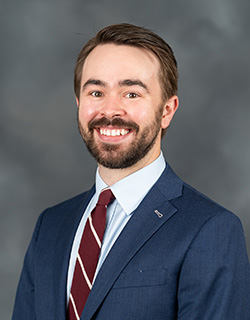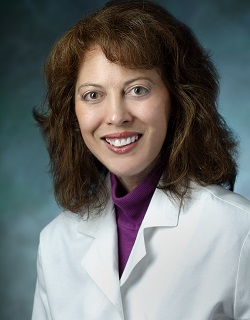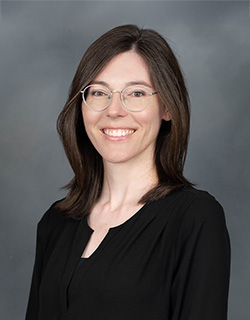Pediatric Speech-Swallowing and Voice

What is a speech-language pathologist?
Speech-language pathologists diagnose and provide treatment for children and adults with a variety of speech-language, cognitive, voice, and feeding/swallowing problems.
Our Team
Our Services
Our pediatric speech-language pathologists at the Milton J. Dance Jr. Head and Neck Center evaluate and treat children of all ages who have difficulty communicating.
Speech
Children who need help with their speech development may be hard to understand. They may have trouble saying sounds and words correctly or may not be speaking at all. At our Center pediatric speech pathologists specialize in helping children with a variety of speech problems including: articulation difficulty, apraxia of speech, phonological processing disorders, stuttering, voice disorders, and speech-resonance issues associated with cleft lip and palate.
Language
Children who need help with language development may struggle with understanding spoken or written information such as directions, questions, and stories (receptive language). They may have trouble using words or symbols to communicate, using correct grammar, or may not speak at all (expressive language). Children with language disorders or delays may also have trouble with social communication (pragmatics) and have trouble interacting with others, making proper eye contact, or staying on topic. Our pediatric speech-language pathologists specialize in helping children who have language difficulty due to these communication barriers.
Resonance
A resonance disorder occurs when there is a change in the way air and sound move through your child's mouth, nose and throat. This may happen because of an opening (space in the anatomy, for example a cleft palate), an obstruction (blockage), or inconsistent movement of the velopharyngeal port.
Assistive Communication Services/Speech Generating Devices
Assistive Communication Services" refers to a range of technologies and strategies that help individuals with speech impairments or communication difficulties express themselves.
Feeding and Swallowing therapy
Children with feeding and swallowing disorders may present with a variety of symptoms including: refusal of different textured foods, prolonged feeding times, excess drooling or spilling of food and liquids from the mouth, frequent spitting up, wet, gurgly voice or breath sounds, coughing or gagging during meals, recurrent pneumonia and/or respiratory infections, slow weight gain.
Evaluations
Preparing for Your Child’s Evaluation
- Please complete the Speech-Language Developmental History Packet.
- Plan to arrive 15 minutes early to check-in and complete any paperwork.
- It is preferable that siblings not accompany your child to the appointment so that we can obtain your child’s full attention.
- Please bring any relevant information or documentation with you including: hearing tests, previous speech-language evaluations, educational testing, neuropsychological testing, developmental evaluations, and current or previous individualized family service plans (IFSP) or individualized education plans (IEP).
- Your child may also bring a favorite toy to the evaluation, as long as it will not be distracting from the evaluation.
- If you need to cancel or reschedule your appointment for any reason please call 443-849-2087 as soon as possible.
- Your child’s speech and language may be assessed using formal tests, observation, parent interview and play as appropriate for your child.
- Please allow 90 minutes for the evaluation to be completed.
- At the end of the evaluation we will provide information about your child’s speech-language abilities and develop with you a personalized plan to address your child’s speech-language needs. This may include appropriate medical, educational, and therapy recommendations, ideas for home practice, and answer any questions you may have. A written report will be mailed to you and your child’s doctor following the evaluation.
What happens during a feeding and swallowing evaluation?
Prior to the evaluation
Parents complete a questionnaire regarding their concerns and the child's medical, developmental, and educational history. We will request medical information from your child's pediatrician, and may also request information from other medical or educational professionals who have evaluated your child. You may be asked to keep a food diary for several days and bring this on the day of the evaluation.
During the evaluation
Your child's medical, developmental, and feeding history is carefully reviewed. Parents are interviewed regarding their concerns and the child's history. This information helps the speech-language pathologist identify areas to evaluate more closely. Your child will be provided with an age-appropriate snack (you may be asked to bring in favorite foods and feeding utensils from home). The speech-language pathologist will assess your child's oral structures and movements, sensory responses to food and touch, posture and positioning, oral movements during eating and drinking, swallowing, and behavioral responses. Parents are encouraged to observe during the evaluation.
Following the evaluation
Initial results of the evaluation and recommendations are reviewed with you and the full evaluation report will be available on MyChart once signed. The report will include a detailed analysis of your child's feeding/ swallowing behaviors. If your child has indications of a feeding/ swallowing disorder, an individualized plan of care will be developed with you, your child, and the physician. The plan may include recommendations for special instrumental diagnostic tests to further evaluate your child's feeding/ swallowing. Treatment varies greatly depending on the causes and symptoms of the feeding-swallowing problem.
Specialized Diagnostic Evaluation and Treatment Modalities
State-of the art diagnostic and treatment modalities are available to provide the most effective assessment and treatment to meet your child's speech-language needs. The following are available at our center: Palatography, Computerized Speech Lab, Nasometry, Ultrasound, Endoscopy, and Videofluroscopy.
Insurance
Insurance coverage for speech therapy varies with each insurance plan and group. Please contact your insurance carrier to determine your plan benefits and eligibility for outpatient speech therapy. It is recommended that you specifically ask about any plan exclusions related to speech therapy or certain diagnosis codes (provided by your therapist after the evaluation). Our insurance specialist will also contact your insurance company to verify coverage and ask about your plan benefits. However, the best information frequently comes from your direct contact with your insurance provider.

Related Services

NICU - Neonatal Intensive Care Unit
6701 N. Charles St.
Main Hospital, Unit 37 - 3rd floor
Towson, MD 21204
Phone: (443) 849-2591

Pediatric Speech, Swallowing & Voice
6569 N. Charles St
Pavilion West, Suite 402
Towson, MD 21204
Phone: (443) 849-2087
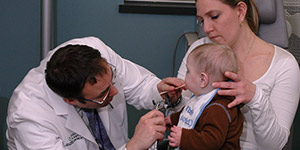
Cleft Lip and Palate
6535 N. Charles St.
Pavilion North, Suite 250
Towson, MD 21204
Phone: (443) 849-6050
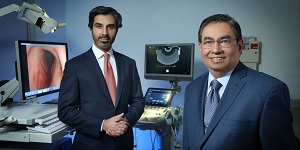
Head and Neck Surgery
6569 N. Charles St.
Pavilion West, Suite 401
Towson, MD 21204
Phone: (443) 849-8940

Milton J. Dance, Jr. Head and Neck Center
6569 N. Charles St.
Pavilion West, Suite 401
Towson, MD 21204
Phone: (443) 849-2087

Johns Hopkins Voice Center at GBMC
6569 N. Charles St.
Pavilion West, Suite 402
Towson, MD 21204
Phone: (443) 849-2087

Head and Neck Multidisciplinary Team
6569 N. Charles St.,
Pavilion West, Suite 401
Towson, MD 21204
Phone: (443) 849-8940

